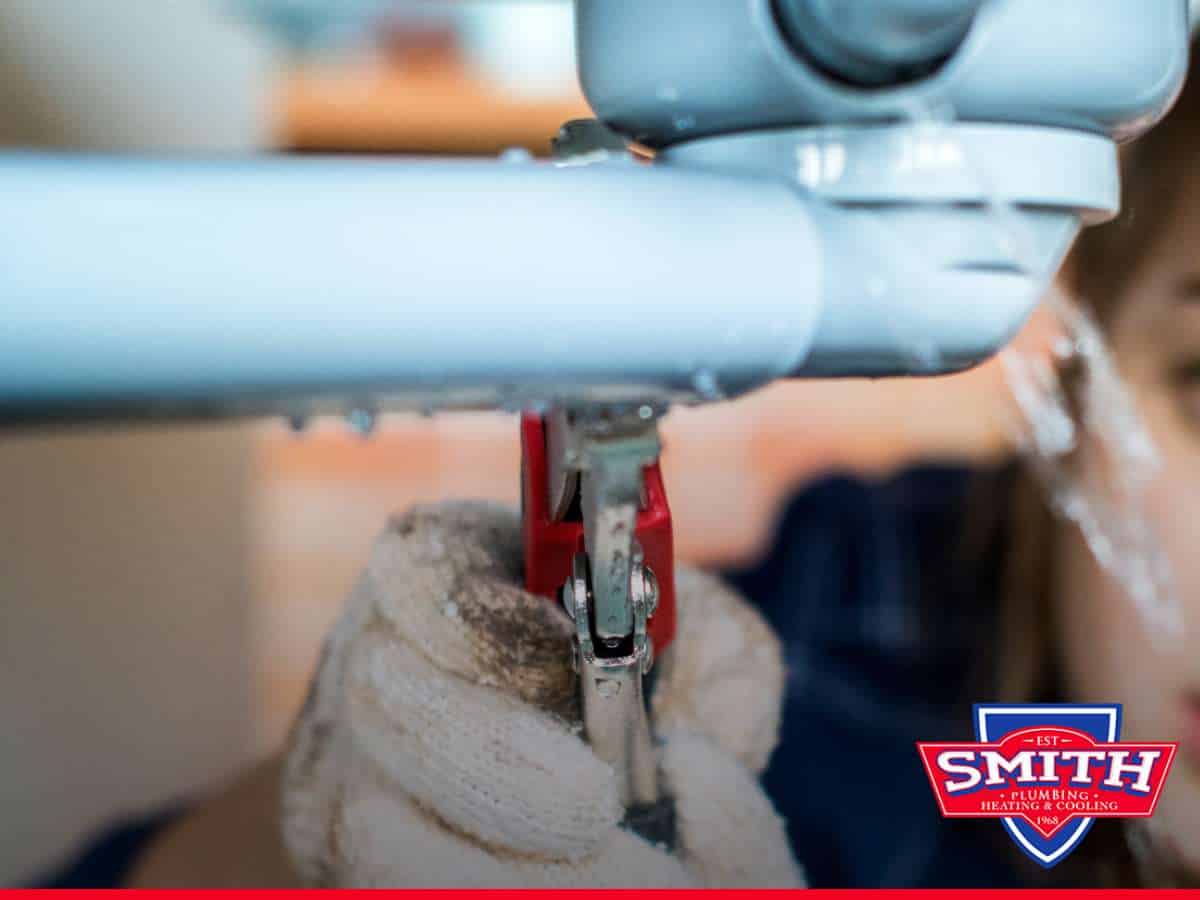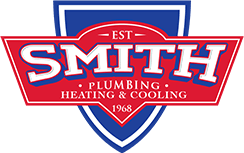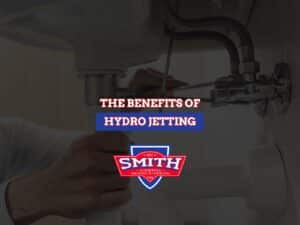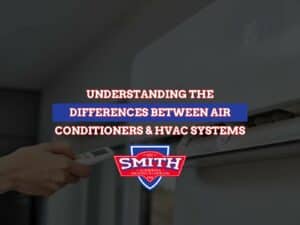Protect Your Property From Water Damage With Expert Plumbing Maintenance: Causes & Methods
Home maintenance often brings to mind tasks like repainting walls or fixing broken fixtures, but one crucial aspect that is frequently overlooked is plumbing. Just like regular medical checkups help prevent health issues, consistent inspections of your home’s water systems can identify problems before they escalate. One of the most significant risks in any household is undetected leaks, which can lead to wasted water, structural damage, and costly repairs.
By incorporating routine plumbing services, homeowners can detect leaks before they become major issues, ensuring their property remains safe, efficient, and free from unexpected water damage.

An Overview Of Home Plumbing Systems: Structure & Function
Understanding how your home's plumbing system works is essential to recognizing the importance of leak detection. Similar to a circulatory system, water flows through pipes hidden behind walls, under floors, and around fixtures to deliver clean water while efficiently removing waste.
Over time, these pipes can degrade due to aging, temperature shifts, or pressure fluctuations. Even small leaks can gradually weaken a home’s structure. Unaddressed moisture can lead to mold growth, compromise drywall, and even impact the foundation!
Why Leak Detection Is Essential For Home Maintenance
Leaks don’t always present themselves in obvious ways. A dripping faucet or a noticeable pool of water is easy to spot, but hidden leaks (such as those behind walls or beneath floors) are much harder to detect.
Some common warning signs include:
- Unexplained increases in your water bill.
- The sound of running water when no taps are in use.
- Musty odors or visible mold growth.
- Water stains on ceilings or walls.
- Reduced water pressure in sinks and showers.
Ignoring these signs can lead to significant damage over time, which is why hiring professional plumbing contractors for routine inspections is a smart investment.
Common Causes Of Plumbing Leaks
Knowing the underlying causes of plumbing leaks enables homeowners to take proactive steps to prevent problems from worsening. Leaks can occur for various reasons, from natural deterioration to improper installation. Here are some of the most frequent causes:
1. Pipe Corrosion & Aging
Over time, metal pipes, especially those made of galvanized steel, copper, or iron, begin to corrode due to constant exposure to water and the minerals it carries. Hard water, which contains high levels of calcium and magnesium, accelerates this process, leading to rust and weakened pipe walls. As the metal degrades, small pinhole leaks form, allowing water to seep into surrounding areas.
Older homes are particularly susceptible to corrosion-related leaks, as pipes installed decades ago may not have the same protective coatings or materials used in modern plumbing systems. If your home has aging pipes, it’s crucial to schedule plumbing services to inspect the condition of your pipes and replace them with more durable materials like PEX or PVC before major issues arise.
2. High Water Pressure
While strong water pressure may feel satisfying in the shower, excessively high pressure can be damaging to your plumbing system. Pipes, joints, and fixtures are designed to withstand a specific level of pressure, typically between 40 and 60 psi (pounds per square inch). When water pressure exceeds this range, it places constant stress on the pipes, increasing the risk of small fractures that can develop into serious leaks. Signs of high water pressure can be:
- Banging or knocking sounds in the pipes when turning off a faucet.
- Frequent leaks in appliances such as dishwashers and washing machines.
- Rapid wear and tear on faucets and showerheads.
A pressure-reducing valve (PRV) can be installed to regulate water flow and protect your plumbing system from excessive pressure.
3. Clogged Drains
A clogged drain may seem like a minor inconvenience, but it can create serious issues if left unaddressed. Blockages caused by grease, hair, soap scum, or foreign objects prevent water from flowing freely, creating pressure buildup within the pipes. Over time, this can weaken pipe joints and connections, leading to leaks or even pipe bursts. Signs of a clog include:
- Slow-draining sinks or tubs.
- Gurgling noises from pipes.
- Foul odors coming from drains.
To prevent clogs, avoid disposing of grease and food scraps down the sink, use drain strainers to catch hair and debris, and clean pipes regularly with safe, non-corrosive drain cleaners.
4. Temperature Fluctuations
Extreme temperature changes cause pipes to expand and contract, leading to increased stress on their structure. This is especially problematic in colder climates, where freezing temperatures can cause water inside pipes to solidify and expand. If the pressure builds up too much, the pipe can crack or burst.
To prevent this, homeowners should insulate exposed pipes, particularly those in unheated areas like basements, attics, and garages. Letting faucets drip slightly during freezing weather can also relieve pressure buildup and help prevent burst pipes. If freezing or temperature changes lead to pipe damage, prompt plumbing repairs are essential to address cracks or breaks before they worsen.
5. Poor Installation Or Repairs
Plumbing work that is not performed correctly can result in weak joints, improper pipe alignment, and inadequate sealing, all of which can cause leaks over time. DIY repairs or hiring unqualified individuals to install or fix plumbing systems may save money initially but often lead to expensive damages later.
Common issues caused by poor installation include:
- Loose pipe connections that eventually start leaking.
- Incorrectly sealed joints that allow water seepage.
- Use of incompatible pipe materials, causing rapid deterioration.
To ensure your plumbing system is installed or repaired correctly, always work with certified plumbing contractors who have experience and expertise in leak prevention and high-quality workmanship.
Advanced Methods For Leak Detection
While some leaks are easy to spot, others remain hidden behind walls, under floors, or even underground. Professional emergency plumbers use advanced detection methods to locate these hidden issues before they lead to major damage. Here are some of the most effective techniques used today:
1. Acoustic Listening Devices
These devices amplify the sound of water leaks, allowing professionals to detect escaping water even if it's hidden behind walls or buried underground. By listening for unusual hissing or dripping sounds, technicians can pinpoint the exact location of a leak without needing to tear through drywall or flooring.
2. Infrared Cameras
Leaks often cause temperature differences in surrounding materials. Infrared thermal imaging cameras detect these variations, helping plumbers identify hidden leaks behind walls or beneath floors. This method is particularly useful for spotting leaks before visible water damage appears.
3. Water Pressure Testing
This technique involves shutting off the water supply and measuring pressure levels within the system. A sudden drop in pressure suggests a leak somewhere in the pipes. Pressure testing is especially useful for detecting slow leaks that may not yet be visible but could cause damage over time.
If you suspect a leak but can't find the source, reaching out to a trusted plumbing company in Mesa with expertise in leak detection is the best way to avoid serious water damage.
Preventative Strategies To Avoid Plumbing Leaks
Preventing leaks before they start can save homeowners thousands of dollars in repairs and potential water damage restoration. Here are some key preventative strategies:
1. Schedule Regular Inspections
Hiring professional plumbing services for routine inspections ensures that minor issues are detected before they become major problems. Annual checkups can help identify early signs of corrosion, loose fittings, or pipe degradation.
2. Monitor Water Pressure
As mentioned earlier, high water pressure can put stress on pipes and increase the risk of leaks. A simple way to check your home's pressure is to use a water pressure gauge. If the reading is consistently above 60 psi, installing a pressure-reducing valve is highly recommended.
3. Insulate Pipes In Cold Weather
Frozen pipes are a major cause of leaks and bursts, so insulating exposed pipes in garages, attics, and basements is essential. Foam insulation sleeves or heat tape can prevent pipes from freezing and cracking in winter.
4. Avoid Chemical Drain Cleaners
Many commercial drain cleaners contain harsh chemicals that corrode pipes over time, increasing the risk of leaks. Instead, use natural alternatives like a mixture of baking soda and vinegar, or opt for a drain snake to remove blockages.
5. Check For Early Warning Signs
Being proactive about small plumbing issues can prevent bigger problems down the line. Keep an eye out for:
- Unexpectedly high water bills.
- Damp spots on walls or ceilings.
- Mold or mildew growth near plumbing fixtures.
- Persistent dripping noises.
How Professional Plumbers Diagnose & Fix Leaks
Undetected leaks can lead to extensive damage and costly repairs. That's why it's essential to hire experienced plumbers for timely detection and effective solutions. A professional plumber will:
- Conduct a thorough inspection using advanced detection tools.
- Identify the location and cause of the leak.
- Provide a tailored solution, whether it’s sealing small cracks, replacing pipes, or upgrading fixtures.
- Offer advice on maintenance and long-term prevention.
Beyond fixing leaks, reputable professionals offering services can also modernize outdated plumbing systems, improving water efficiency and reducing future risks.
Detect & Repair Leaks Before It’s Too Late
Water leaks, if left unaddressed, can lead to expensive repairs, mold growth, and structural damage. Don’t wait for a minor issue to turn into a costly problem. If you suspect a leak, reach out to the professionals at Smith Plumbing today for professional plumbing services in Mesa.
With decades of experience and a commitment to quality service, we’re here to help protect your home and keep your plumbing in top shape. Contact us now!


